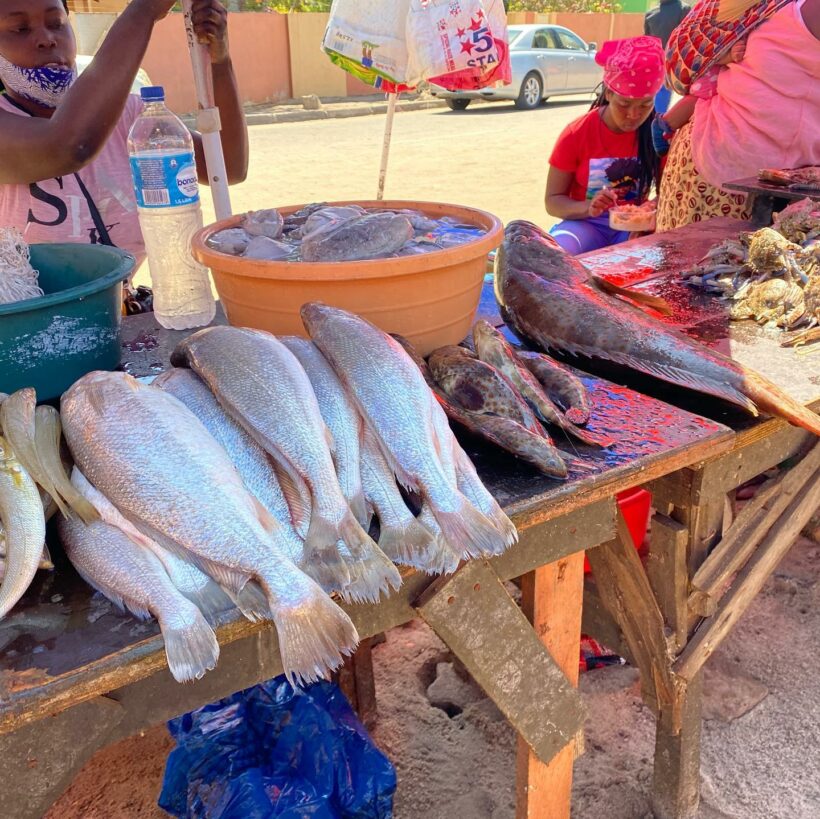This October will be marked as a new moment of reflection and action in the face of growing difficulties in the field of food security.
By Mario Lubetkin
On October 16, World Food Day will be commemorated, and as in other years, hundreds of events will be held around the world, especially in Latin America and the Caribbean, promoted by governments, regional and local institutions, parliamentarians, mayors, civil society organisations, the private sector and academia to reflect on where we are heading in terms of food security, especially in the face of the transformation of agrifood systems.
But these reflections, as well as the many projects, parliamentary laws, public policies and private actions, activities in the countryside, in the cities and permanent evaluations in the academic world, which have been implemented or decided in recent years, and which, as a result of existing concerns, are part of the growing activity in our region, will enter into a moment of synthesis in the month that has just begun.
On 16 October 1945, at the Chateau Frontenac in Quebec (Canada), the FAO, the United Nations Organisation (UN) leader in food and agriculture, was born. This date was chosen by the UN as World Food Day.
Latin America and the Caribbean could feed more than 1.3 billion people today, double its population. However, 56 million people live in hunger, 8.6 percent of the total population.
In 2021, 40 per cent of its population (some 268 million people) were moderately or severely insecure, and 14 per cent (more than 93 million) were in the most severe hunger situation.
Today, overweight children now account for 7.5 per cent of children under five, while obesity in adults over 18 exceeds 24 per cent.
This means that we have the absurd reality of a double burden of malnutrition: hunger, overweight and obesity.
In Latin America and the Caribbean, the region with the highest cost of a healthy diet in the world, 22 percent of its population, 131 million inhabitants, do not have access to healthy food. This in a reality in which the region generates 14 percent of global food production, accounts for 45 percent of net international trade in food products, as well as 23 percent of world exports of agricultural and fisheries products. It has 17 million farmers and 2 million fishermen, the vast majority of whom are small-scale family producers.
The region’s long-standing levels of poverty and hunger, plus the effects of covid-19 and ongoing military conflicts, as well as the devastating effects of climate change, especially in rural areas, have led to growing insecurity, especially as we project into the coming years.
This is why we must move rapidly on agrifood transformation, using transition processes that consider national and local interests, with a focus on sensible production and proper nutrition, with market and trade transparency, with technical and innovation capacities, improved public policies, food education systems, greater social protection and coherence in social, economic and environmental policies. We must also adapt to climate change by taking proactive action in the face of environmental threats and reducing emissions from agri-food systems, especially from deforestation and forest and soil degradation.
The initiatives of this special month began on 29 September with multiple events focused on the International Day of Food Loss and Waste (more than 220 million tons per year), and will continue in the days around 16 October in all capitals and many other cities in Latin America and the Caribbean, with various initiatives and the presence of multiple protagonists of this enormous challenge that should lead us to the elimination of hunger and poverty as agreed by more than 170 heads of state and government in 2015 at the UN.
A few days later, in Rome, the headquarters of the FAO, a week will be held for the first time focusing on potential new investments in the agri-food sectors, science and innovation for food security, with the participation of numerous presidents and ministers from our region. We will also hold parallel events in Latin America, in virtual mode, on the challenges of agricultural innovation and food security.
This special month will culminate in early November, when we will launch from our regional headquarters in Chile, in simultaneous connection with each of the capitals of Latin America and the Caribbean, the Panorama report, our main annual report that provides a current and detailed analysis of food and nutrition security in our region.
It will be a month of reflection and action, to think about our future, acting with synergies, integration and clear ideas of initiatives, projects and programmes for the present and the future, to reverse the current negative trends.
By Mario Lubetkin, FAO Assistant Director-General and Regional Representative for Latin America and the Caribbean






